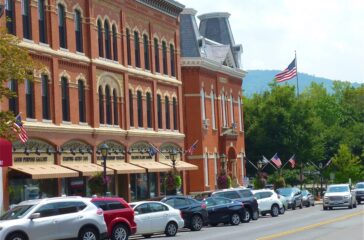Citing “catastrophic disaster”, small Massachusetts town sues over PCB contamination
By Dana Drugmand
Monsanto and General Electric (GE) engaged in a “criminal corporate action” through a secret 1972 deal that allowed the companies to keep profiting from the sale and use of dangerous PCBs despite knowing the toxins were harmful, according to a lawsuit filed by a small Massachusetts town awash in PCB contamination.
 EWG
EWG